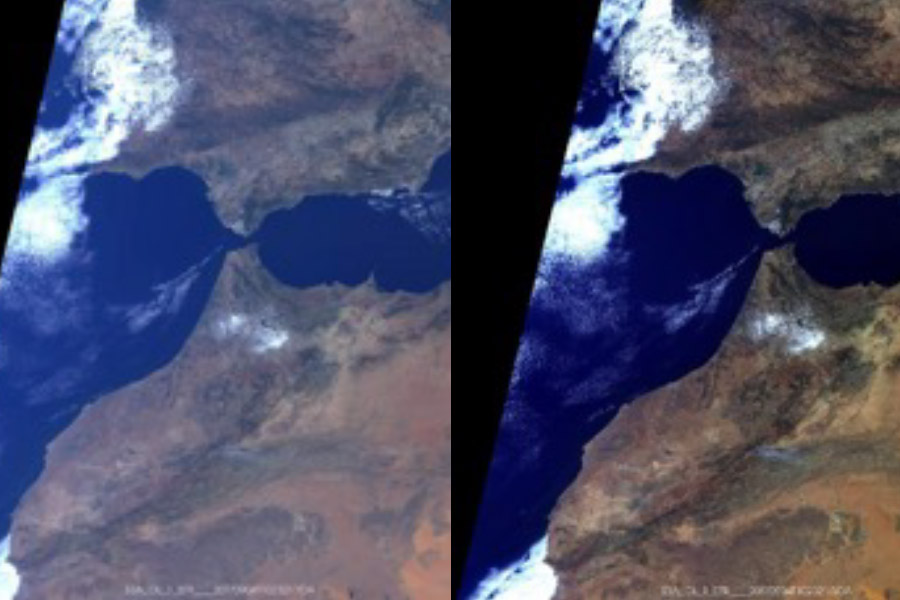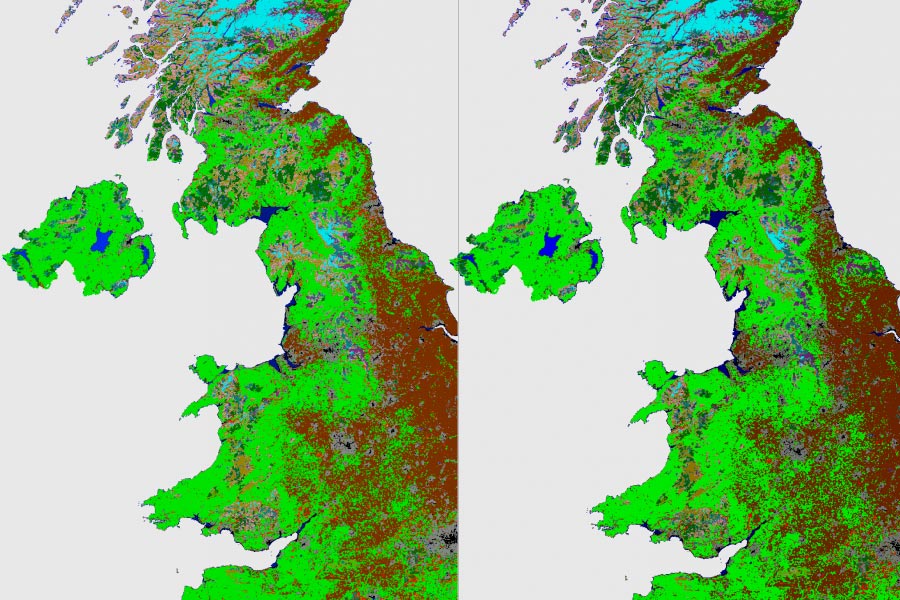We are working with CABI to deploy an advanced pest advisory service driven by satellite data, to help smallholder farmers in Ghana, Kenya, Malawi and Zambia to lose less of what they grow.
Continue readingSTFC Newton AgriTech programme management
Assimila designed and managed a £32m UK-China Agritech research programme in partnership with RAL Space delivering advanced satellite technology solutions for a range of agricultural challenges in China.
Continue readingMULTIPLY
Assimila was part of a multinational consortium of leading research organisations developing innovative new methods for deriving biophysical information from satellite data.
Continue readingModelling crop yields using Earth observation data
Using Earth observation data to model wheat yields in China.
Continue readingProgramme and impacts management for the UK National Centre for Earth Observation
The National Centre for Earth Observation (NCEO) provides the UK with core expertise in Earth observation science, data, and model evaluation to underpin Earth System research and the UK’s international contribution to environmental science.
Continue readingDeveloping a videowall
Earth observation visualisations for Reading E-Science centre videowall.
Continue readingMaximizing the exploitation of linked open data in enterprise and science (MELODIES)
Developing a technological platform for the development of environmental services using open data.
Continue readingPiracy prevention and commercial navigation in insecure waters
Exploring the capabilities of Earth observation data for piracy prevention and commercial navigation.
Continue readingAssessing UK greenhouse gas emissions from land use change
Assimila developed an advanced EO methodology to improve the UK inventory of GHG emissions from land cover change.
Continue readingEmissions monitoring service
Assimila was part of the team led by Astrium Service developing a greenhouse monitoring service that was based on an advanced modelling and data assimilation system developed at the University of Edinburgh.
Continue reading








